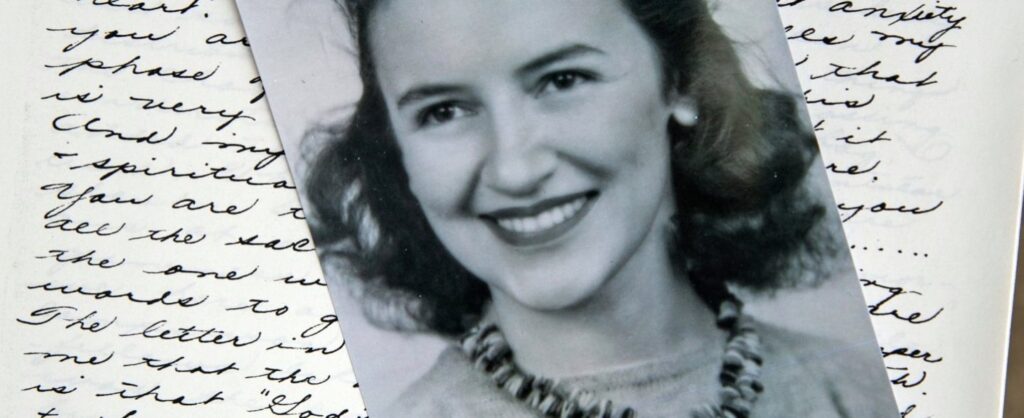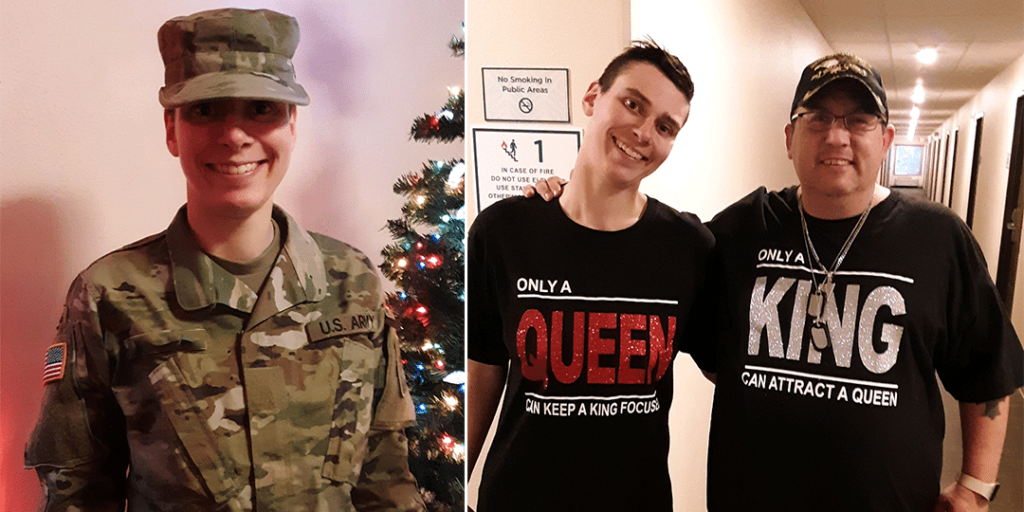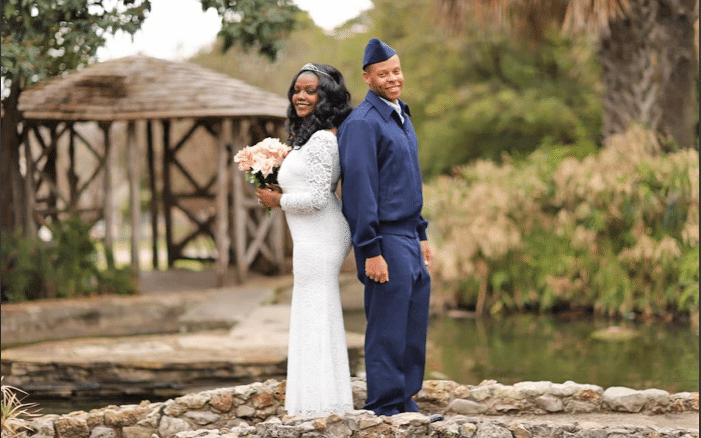
- The App
- Sandboxx News
- Resources
Learn
- Company
About
Become a Partner
Support
- The App
- Sandboxx News
- Resources
Learn
- Company
About
Become a Partner
Support
You’ve probably heard about the benefits of gratitude. But as a military spouse, are you reaping those benefits? Like most things in life, there’s an...
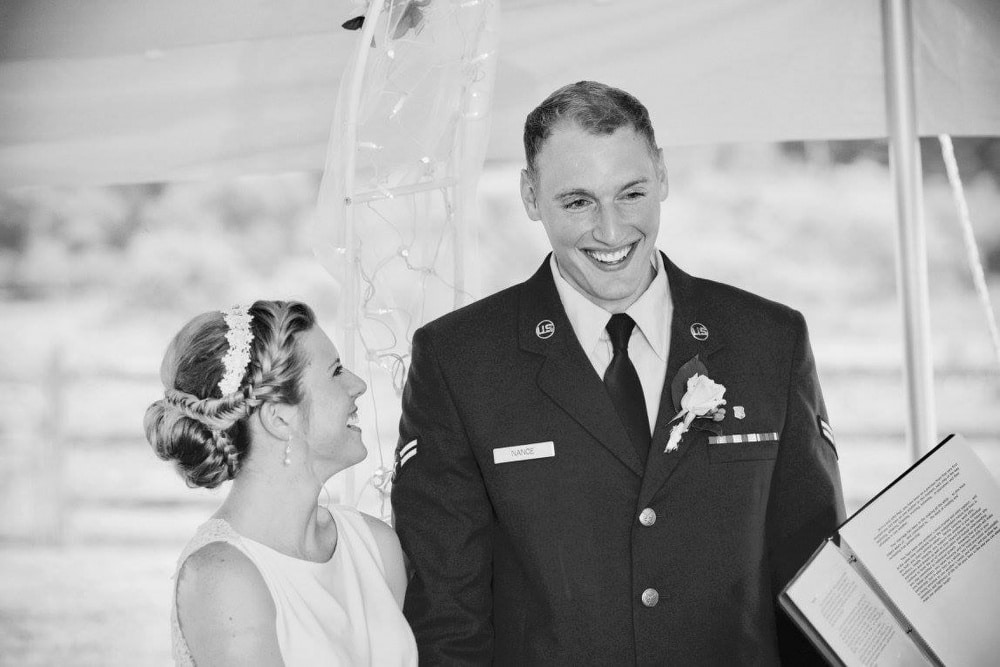
You’ve probably heard about the benefits of gratitude.
But as a military spouse, are you reaping those benefits? Like most things in life, there’s an art to learning how to be grateful.
When your life is constantly on the move and things are always changing, it’s helpful to use gratitude as an anchor to come back down. Research shows gratitude seekers are more stress-resistant and can easily block negative emotions.
This post will focus on why practicing gratitude is important, how to get started, and specific ways military spouses can discover gratitude.
Here’s a look at the art of practicing gratitude as a military spouse:
Gratitude looks different for everybody. It’s the ability to feel an appreciation for various experiences in life — including receiving gifts, kindness from others, or simply an everyday experience.
When you understand gratitude as a whole, you generally won’t feel anxious about having to “pay back” the experience that made you grateful.
Gratitude also means reflecting on the things you’re grateful for and moving past negative experiences.
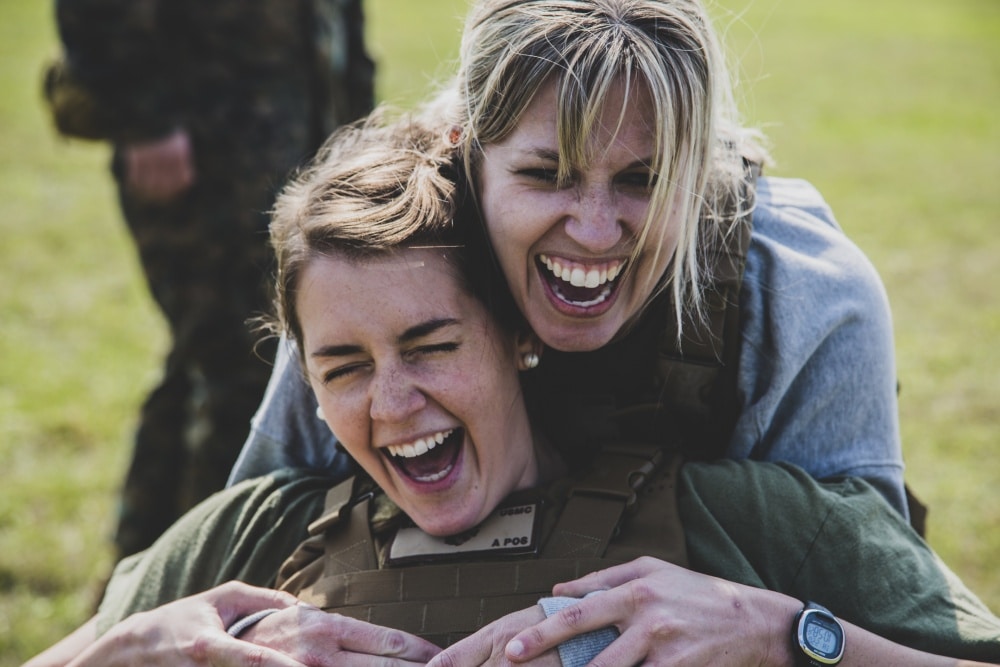
In recent years, researchers have begun to better understand the benefits of gratitude. Not only are there social benefits, there are physiological, and physical ones, too.
A consistent attitude of gratitude can also help improve relationships. Showing appreciation is proven to make you new friends, according to a 2014 study published in Emotion. That’s a must-have skill when you’re constantly moving and need to connect with new friends on a semi-regular basis!
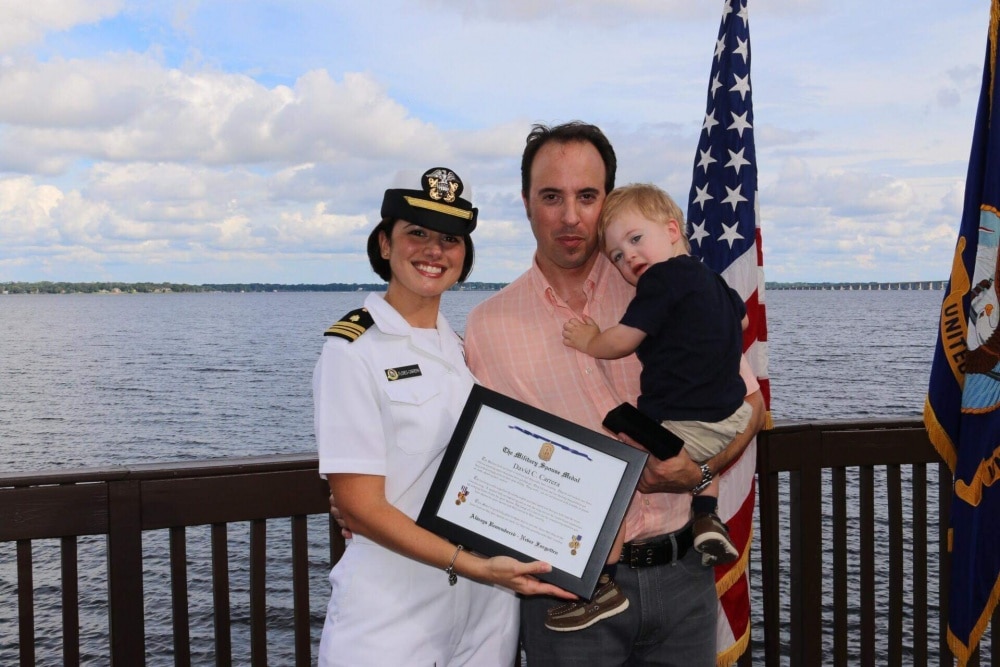
A lot of other emotions can feel more powerful than gratitude — if you let them. When you move often or plans get changed for you, it’s easy to let resentment or bitterness build up.
But how effective are those emotions if you let them simmer?
Instead, consider how you can focus on the positive and be grateful for the experience you’re going through. This will allow you to better enjoy the present moment instead of being filled with regret later for not enjoying it sooner.
Just remember, if you’re feeling grateful, it’s hard to be upset at the same time.
When you’re focused on being grateful daily, you’re more likely to see the benefits of gratitude sooner.
Here’s a look at some of the ways you can implement a gratitude practices as a milspouse:
Journaling just a few minutes a day about the things you have to be grateful for helps increase gratitude. The more you do this daily practice, the more you’ll find it’s easier to pinpoint what you love in your life.
Some ideas to get you started:
Research shows consistent gratitude journaling can increase optimism 5% to 15% in some cases! Whenever you decide to journal, consider the best time of day where you’re least distracted and able to concentrate and relax.
Recognize how much other people in your life do, even the little things that you might take for granted. Don’t let distractions keep you from remembering how to show thanks to others for what they do.
Remember to give thanks when:
If you look for the opportunities, there are a million ways to give thanks to others in your life. It can be as simple as writing a positive letter thanking someone for their contribution to your life.
Be thoughtful and diligent when you try to find the positive in every day. Upon waking up, start your day with a can-do positive attitude. See where it takes you.
A few ways to be proactive:
When you skip over the negative aspects of life, it’s easier to focus on the positive experiences instead. Think of the happiest people you know and watch how they show gratitude in their own lives.
Military spouses are unique in that they have incredible experiences that shape their perspectives. Be grateful for everything you are and everything you’ve experienced as a military spouse.
A few ways to be grateful for your milspouse life:
As a military spouse, you have so much to be grateful for that others don’t get to experience. Solid healthcare insurance, traveling adventures, built-in spouse support systems…the list goes on. Think about why you’re grateful to be a spouse today and write it down!
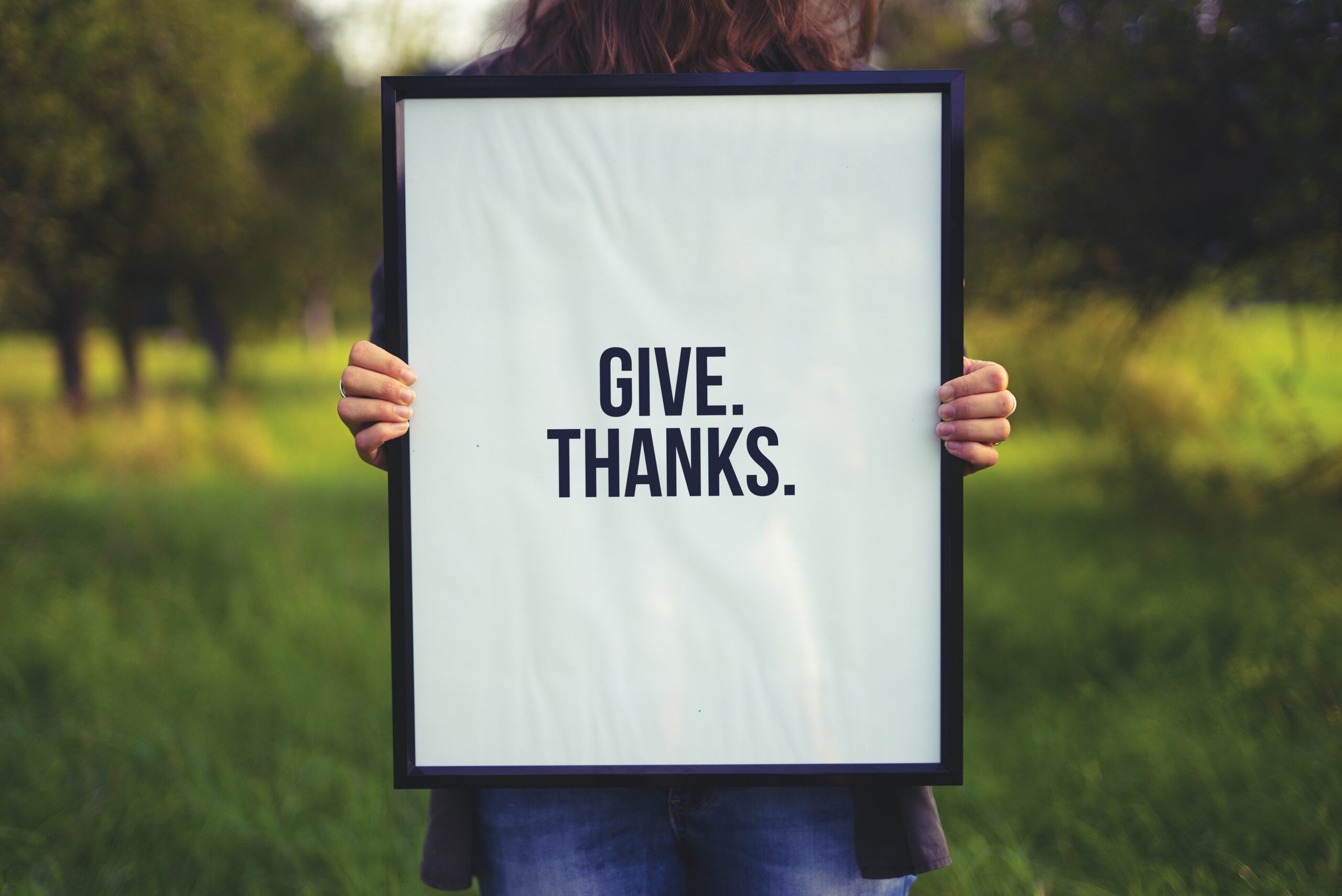
It’s easy to make a list of all the negative aspects of life.
But what if you could make it just as easy to look at the positive areas?
This week, take the time to sit and think about your military spouse life. Reflect on the many ways it’s changed your life. Take the time to process it and see if you can pinpoint changes you’re super thankful for.
Once you start a gratitude practice, it can be hard to stop. And when you start seeing the benefits of gratitude, it’ll be that much easier to keep a daily thankful tally.
Are you ready to give thanks?
What are you most grateful for as a military spouse? Do you practice gratitude every day? If so, please share your experience in the comments below!
Feature image Courtesy of DVIDS


